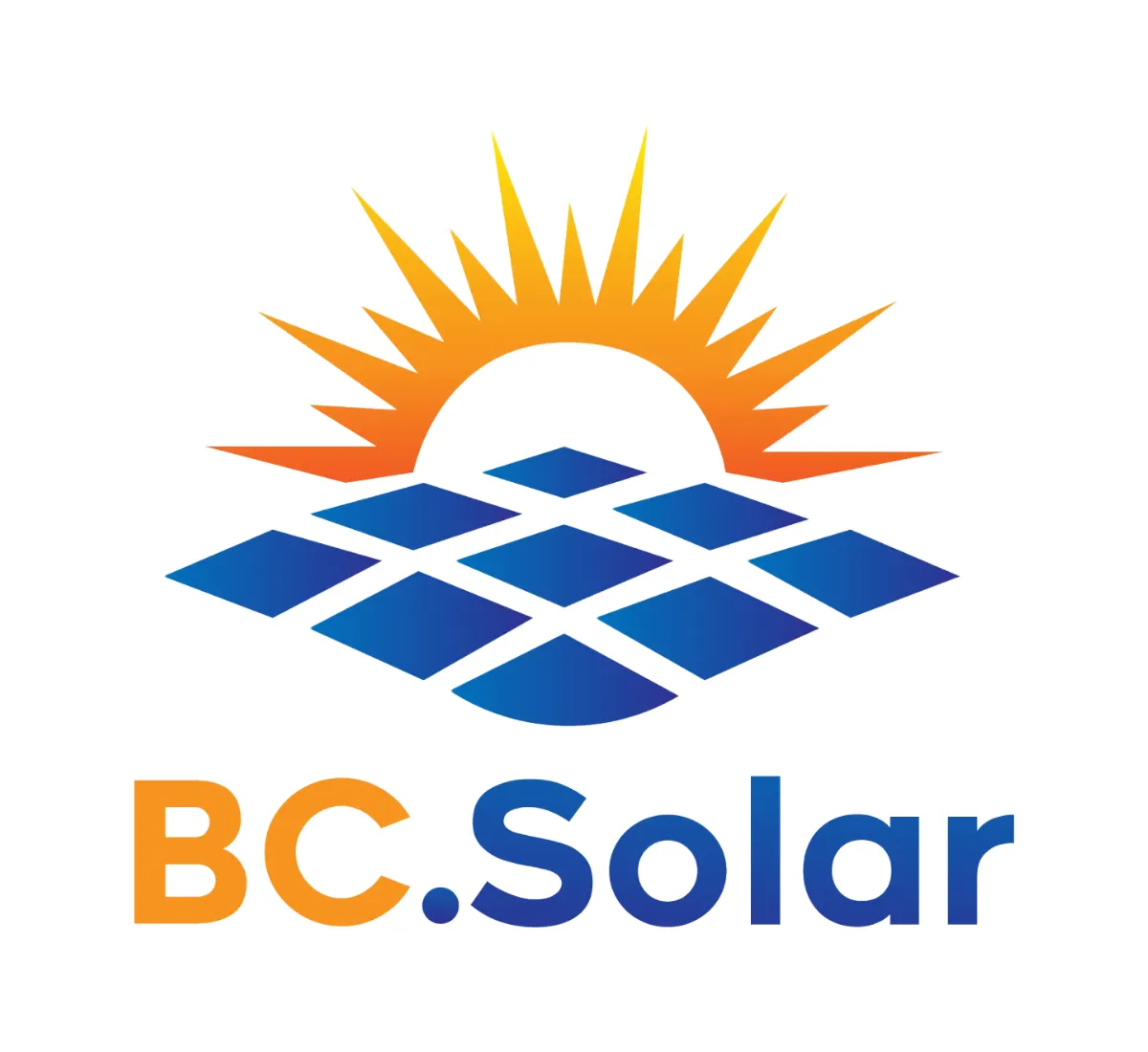
What Permits Do You Need for Off-Grid Solar in Ohio?
What Permits Do You Need for Off-Grid Solar in Ohio?
If you’re going off-grid with solar in Ohio, there’s good news: the process is doable, but it requires proper planning, permits, and coordination. At BC Solar, we guide homeowners and rural landowners through every step to make sure your solar setup is safe, compliant, and fully operational.
Here’s what you need to know.
Do You Need a Permit for Off-Grid Solar in Ohio?
Yes. Even off-grid systems that don’t connect to the utility grid must meet local and state code requirements. These generally fall into three categories:
1. Building Permit
Issued by your local building department. Required for structural modifications like roof-mounted racking or ground-mounted solar arrays.
You’ll need to submit:
System layout plans
Structural mounting details
Equipment specifications
For example, in areas like Columbus or Franklin County, building officials will review your plans to ensure the array won’t compromise your roof or pose safety risks.
2. Electrical Permit
This covers your wiring, battery banks, inverters, disconnects, and load panels.
Even off-grid setups must comply with:
NEC 690 (National Electrical Code for solar systems)
UL 1741 standards for inverters
Expect a certified electrician to file and perform the work.
3. Zoning Review
Zoning reviews vary by jurisdiction. Some counties treat solar panels as utility structures, which may have:
Setback requirements (especially for ground-mounted systems)
Height restrictions
Visibility guidelines in historic districts
BC Solar handles this process for clients, submitting documentation and working with local officials to keep projects moving smoothly.
Do I Need Utility Approval for Off-Grid Solar?
No. Since you're not connecting to the utility grid, you don’t need to submit an interconnection application to AEP Ohio or another utility provider.
However, if your project is near a grid-tied structure or future connection is possible, some utilities may still request a “non-interconnect acknowledgment.” We can guide you through this if needed.
What Happens If I Skip Permitting?
You risk:
Safety hazards from improperly installed systems
Voiding your insurance coverage
Fines or forced removal from local authorities
Difficulties selling or refinancing your property
We’ve seen rushed DIY installs that had to be torn down due to lack of permits don’t make that mistake. It costs more in the long run.
BC Solar’s Role in the Process
At BC Solar, we:
Design off-grid systems tailored to your usage and budget
Prepare and submit all necessary drawings
Pull electrical and building permits
Coordinate all inspections
Ensure your system complies with NEC, IRC, and Ohio Building Code standards
Whether you're running a remote cabin, homestead, or agricultural outpost we’ll get it done right.
FAQs
How long does the permitting process take?
Typically 2–4 weeks depending on your location and system complexity. Rural counties may be faster than urban ones like Franklin or Delaware.
Can I install off-grid solar without a battery?
No. An off-grid system must store power in batteries since it doesn’t have grid backup.
What codes does Ohio follow for solar?
Ohio adopts the National Electrical Code (NEC), International Residential Code (IRC), and local building/zoning codes.
Does BC Solar install in remote areas?
Yes. We serve all of central Ohio, including rural and agricultural zones where off-grid systems are ideal.
Ready to power your property independently?
Call us at (614) 442-9700 or visit our site to schedule a consultation.
<div style="text-align: center;"> <iframe src="https://www.google.com/maps/embed?pb=!1m18!1m12!1m3!1d3068.123456789!2d-82.9981234!3d40.1234567!2m3!1f0!2f0!3f0!3m2!1i1024!2i768!4f13.1!3m3!1m2!1s0x8838888888888888%3A0x123456789abcdef!2sBC%20Solar!5e0!3m2!1sen!2sus!4v1746139670344!5m2!1sen!2sus" width="100%" height="450" style="border:0; max-width: 1000px;" allowfullscreen="" loading="lazy" referrerpolicy="no-referrer-when-downgrade"> </iframe> </div>